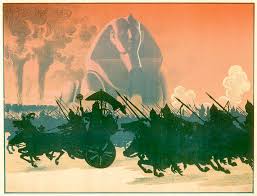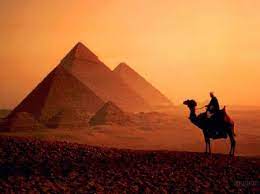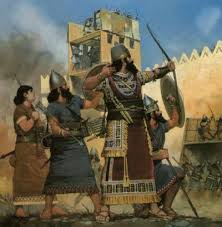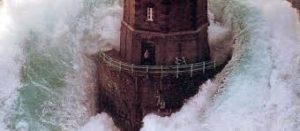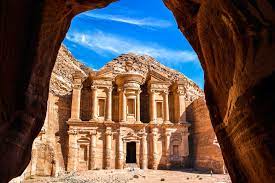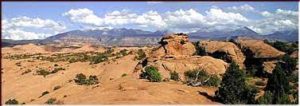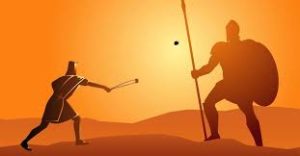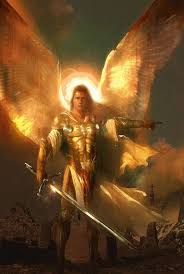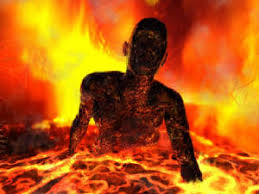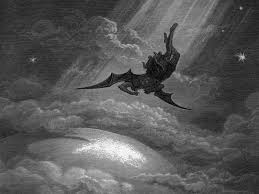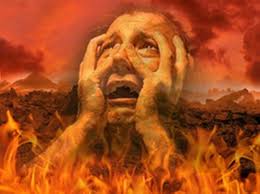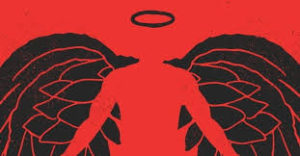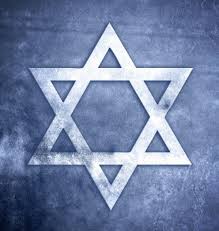Ee – The Wise Counselors of Pharaoh Give Senseless Advice 19: 11-15
The Wise Counselors of Pharaoh
Give Senseless Advice
19: 11-15
The wise counselors of Pharaoh give senseless advice DIG: Zoan and Memphis were major cities in Upper and Lower Egypt. Compared to the LORD’s power and wisdom, what are their famed wise men like? What effect does their leadership have upon the country? How is this related to their consulting with the mediums and the spiritists in 19:3b? Since Egypt’s plans (19:3a), natural resources (19:5-7) and leadership (19:11-12) were all dependent upon the LORD, what should that have said to Jews looking to Egypt instead of ADONAI for help? Could God’s judgments in 19:1-15 be intended to bring about the events in 19:16-25?
REFLECT: To whom do you rely on for wisdom in your own life? Your gut feeling? Your friends? Your horoscope? Your family? or God? How much time do you spend asking the Holy Spirit for wisdom in making the important decisions in your life? How much do you rely on the Scriptures for direction the LORD has already given you? How often do you find yourself being wise in your own eyes?
An oracle concerning Egypt. The pro-Egyptian party in Judah wanted to look to Egypt for help against the Assyrian threat. But Isaiah pointed out that Egypt would be no help at all, because she too would be overwhelmed by God’s judgment. In this poem of three nearly equal strophes God exposes the weaknesses that would supposedly make Egypt great: her idols (19:1-4), her wealth (19:5-10), and her wisdom.
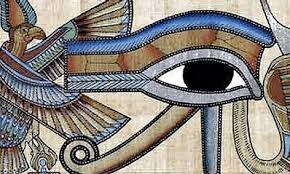
If Egypt thought she had reason to be proud of her religion and her economy, she certainly thought she had reason to be proud of her wisdom (First Kings 4:30). The Ruach Ha’Kodesh, however, describes why Egypt’s wisdom would be unable to help her. Egypt was well known in the ancient world for its writings of wisdom and its wise men. Yet, Isaiah says that their wisdom would be of no more value to them than their idols or natural resources. In words similar to those addressed to the idols in Chapters 40 and 41, Isaiah challenges the wise men to a contest. Could they show Pharaoh God’s plans for Assyrian invasion? Of course not. Then what reason would there be for Judah to trust in, or even fear, Egypt? Her gods were useless, her productivity was dependent on God’s grace, and her supposed wise men were downright stupid. What could Egypt offer Judah?
Isaiah says that the officials and counselors of Egypt are fools and should not be counted on to save the nation from the coming destruction. Isaiah taunts the officials of Zoan, or advisors of Pharaoh, saying they are nothing but fools who give senseless advice. Those supposedly discerning counselors were giving Pharoah advice that would not be fit for an animal (Psalm 49:20, 73:22). Specifically, it means to be without spiritual discernment. Therefore, it is linked here with the inability to see what ADONAI is doing, or to discern the spiritual cause behind the national, social and economic problems of the nation. Isaiah speaks to the wise men directly, asking sarcastically: How can you say to Pharaoh, “I am one of the wise men, a disciple of the ancient kings” (19:11)? Their plans had failed so many times that Isaiah is flabbergasted that they were still willing to claim to be the keepers of ancient wisdom. If the truth be known, they did not understand either the past (14:24-27; 37:26), or the present.
The prophet even taunts Pharaoh himself, saying: Where are your wise men now? Let them show you and make known what the LORD of heaven’s angelic armies has planned against Egypt (19:12). He uses language that Paul uses many years later in First Corinthians 1:20. God is going to treat Egypt the way He did in the Exodus. How will the wise men, who lack wisdom from God, explain that? In fact, they cannot even tell him what God’s plan of attack will be. Isaiah wonders out loud why Pharaoh even keeps them around.
The tragedy of Egypt was that the very ones who should have led her correctly were leading her astray. The officials of Zoan (Numbers 13:22; Psalm 78:12 and 43; Isaiah 30:4; Ezekiel 30:14) have become fools, the leaders of Memphis (Jeremiah 2:16, 44:1, 46:14 and 19; Ezeki’el 30:13 and 16; Hosea 9:6) are deceived. These people were the very cornerstones of Egyptian society (Judges 20:2; First Samuel 14:38; Zechariah 10:4). But if the cornerstone itself has no foundation, it is worthless. As a result, the cornerstones of her peoples led Egypt astray (19:13).
Without God, wisdom is limited in this world. This is why the fear of the LORD is the beginning of wisdom (Proverbs 1:7). It is also why there is no other foundation than Christ Himself (First Corinthians 3:11; Ephesians 2:20; First Peter 2:6; and Isaiah 28:16). This lack of wisdom has been consistently true of Egypt until this very day. The leaders of Egypt have led their country into four wars with Isra’el. Each with devastating results for the Egyptians. The foolishness of the Egyptian leadership was complete. The city of Zoan is in the north and the city of Memphis is in the south. So foolishness characterizes both north and south, both Upper and Lower Egypt. The result was that Egypt had been led astray.
The picture of a confused, drunken Egypt was no accident. ADONAI was the one who confused the arrogance and supposed wisdom of Egypt, just as He confused the language of the Tower of Babel (see the commentary on Genesis, to see link click Dn – Let Us Go Down and Confuse Their Language). The LORD has poured into them a spirit of dizziness; they make Egypt stagger in all that she does, as a drunkard staggers around in his vomit (19:14). All their so-called wisdom was foolishness when compared to ADONAI, who was planning the onslaught. Having ignored the general revelation of the LORD and exchanged the truth of God for a lie (Romans 1:18-32), He is going to treat Egypt again as He did at the Exodus.
No one in Egypt could do anything to avert the destruction. There is nothing Egypt could do – head or tail, palm branch or reed (19:15). Neither the head (the palm branch), or the leaders, nor the tail (the reed), or the common people, would hold back God’s judgment. After the New Kingdom period ended, the greatness of Egypt would come to an end. She would be dominated by a whole series of foreign conquerors. It is not a surprise that Isaiah sees her situation as being hopeless (9:13), like an ancient prostitute who does not realize that she has seen her better days. A century later Ezeki’el adds that as a result of this kind of devastation, the Egyptians, like the Jews, will be dispersed throughout the peoples of the earth for forty years. During that time, Egypt will be desolate and no one will pass through (Ezeki’el 29:6-9). Both Isaiah and Ezeki’el were appalled to think that Judah would compromise her faith in God for a hopeless, drunken Egypt.
Isaiah has already said: Woe to those who are wise in their own eyes and clever in their own thought (5:21). Unlike Egypt (or the world), we need to remember that true wisdom comes from God (First John 2:15-17). The Bible teaches us to trust in the LORD with all our heart and lean not on our own understanding; if we acknowledge Him in all our ways, then He will make our paths straight (Proverbs 3:5-6). Those, like Egypt, who refuse to acknowledge Him are nothing but fools (Proverbs 26:12). Which are you?



